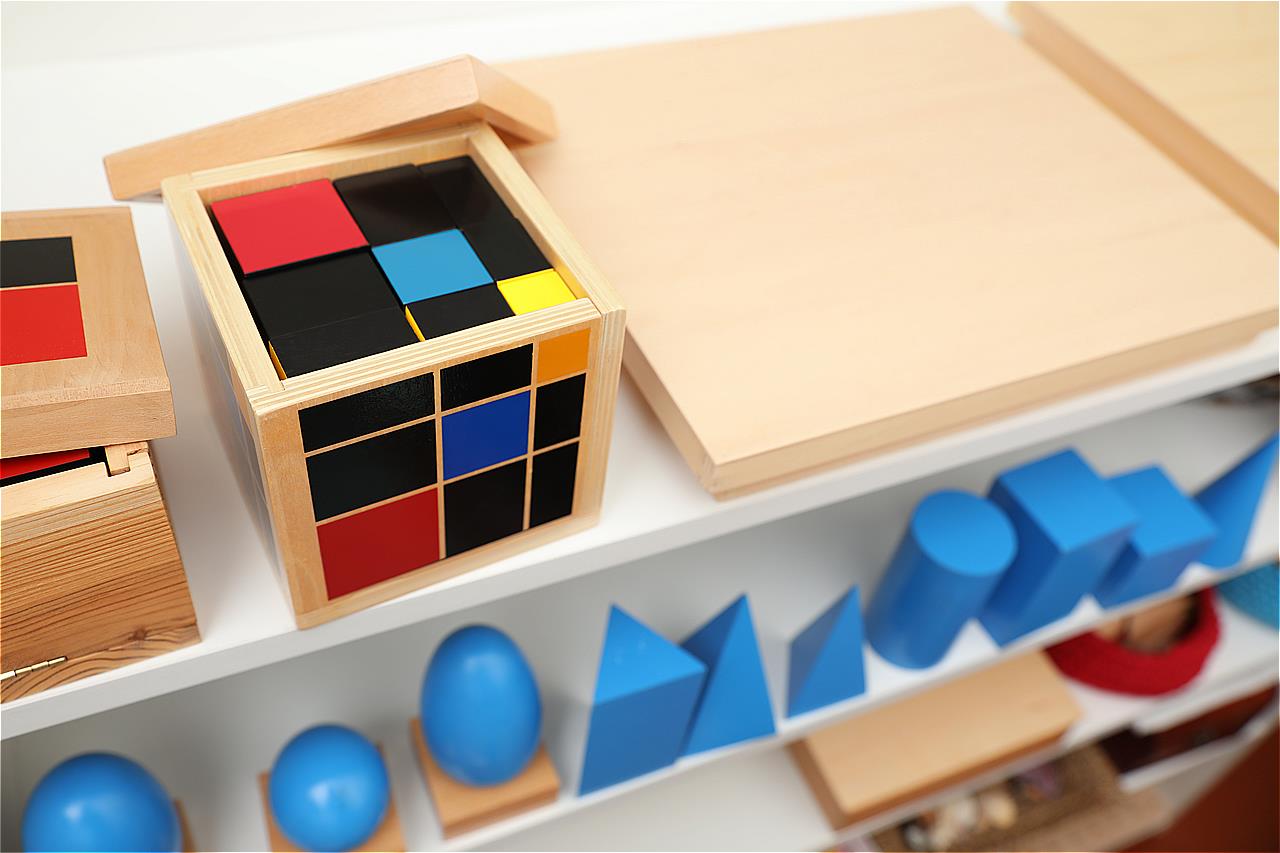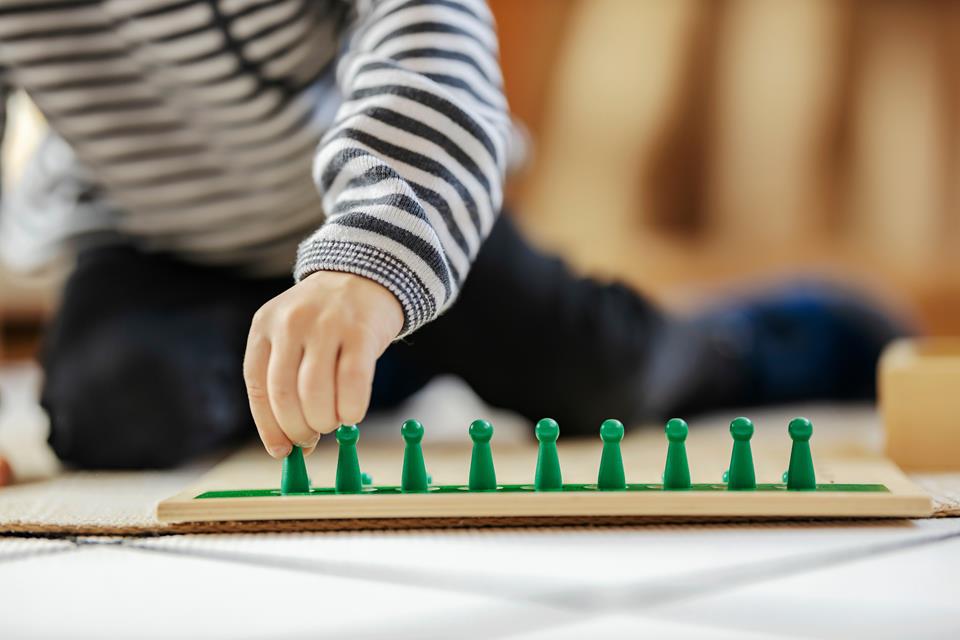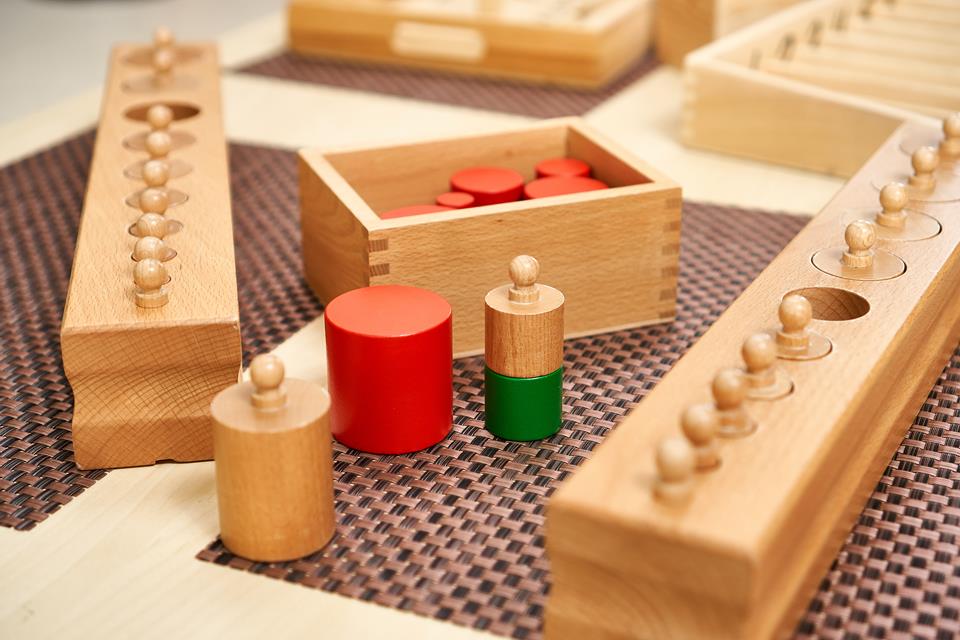Purpose of Montessori Education
Cultivating Independent Children
Montessori education is an educational method designed to foster children's autonomy and stimulate their intellectual curiosity. It is important not to misunderstand that Montessori education is about accelerating or cultivating prodigies.
The approach is based on the idea that "children are born with the ability to develop and grow themselves, so adults (parents and teachers) must understand their needs, ensure freedom, and support children's spontaneous activities."
To achieve the goal of "raising individuals who are independent, capable, responsible, empathetic towards others, and have a lifelong learning attitude," Montessori developed an educational method based on factual evidence and a unique system of educational tools. This method's validity has been supported by modern neuroscience, psychology, and education.

Developing Concentration through Immersion in Interests
In Montessori education, teachers are not "instructors" but rather human environmental elements who observe children and assist them in their independent activities.
This aspect is the most distinct feature that sets Montessori apart from other educational methods. Children choose their own work and engage in focused activities to accomplish tasks they decide upon themselves. Through achieving these tasks, they gain confidence. The freedom to engage in spontaneous activities without interruption from teachers or adults guarantees an experience that cannot be achieved in a one-way teaching environment.

Educational Environment that Facilitates Development
- Environment structured to allow children to freely choose educational materials.
- Engaging and interesting educational tools that spark curiosity.
- Multi-age classes (spanning ages 3 to 6) to promote social and cooperative skills.
- Teachers who establish environments tailored to each child's developmental stage, aiding in their self-formation.
Visitors are often amazed by the spacious and orderly environment upon visiting. Montessori education incorporates unique educational tools made from materials such as wood and fabric, alongside everyday tools. Children are taught to return each tool to its original condition after use, ensuring that they are available for the next user. This practice is a commitment children make while using tools, allowing them to engage in work quietly and independently without coercion from anyone.


